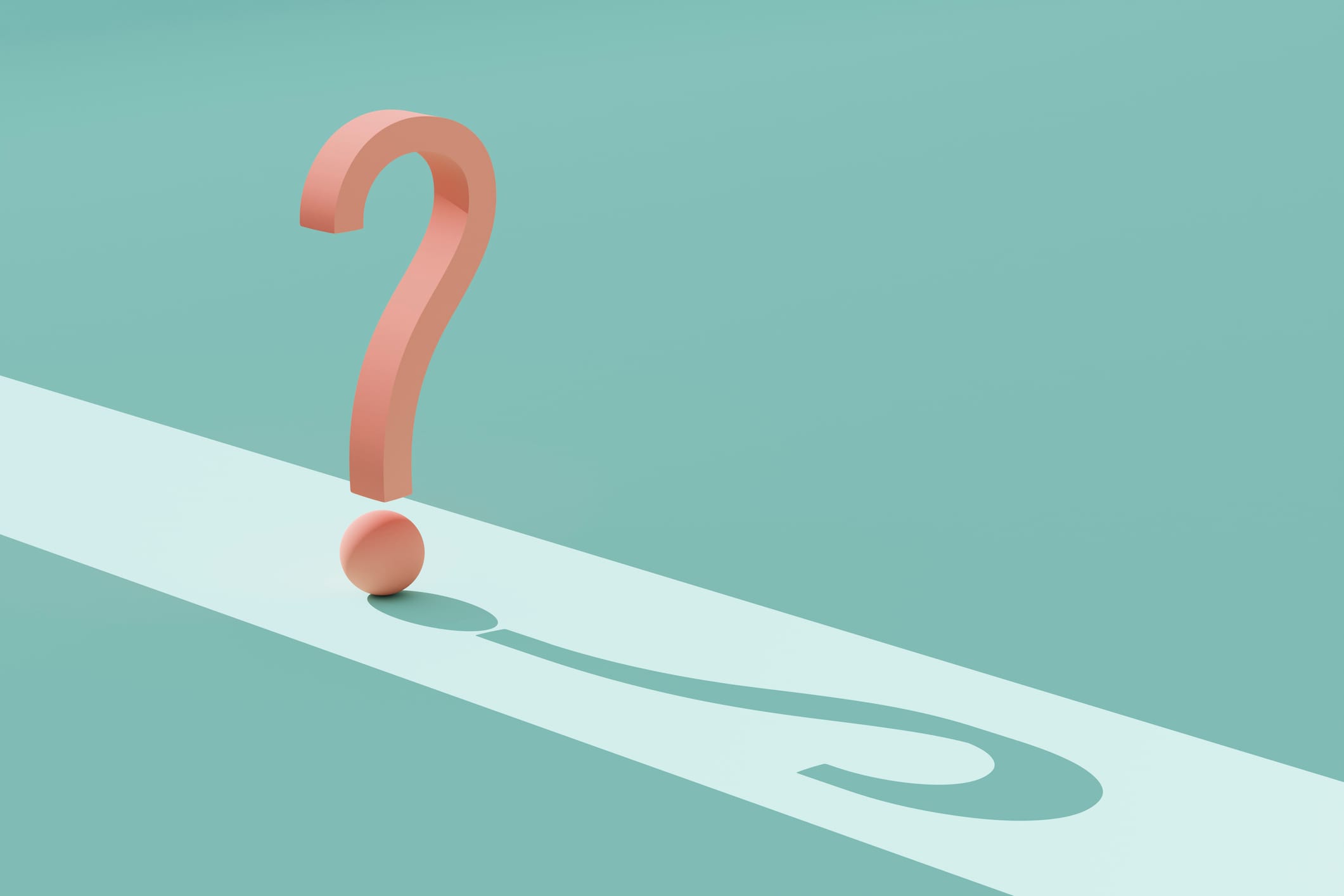All new cars come with several warranties from the automaker. These include at least a three-year or 36,000-mile bumper-to-bumper warranty, a separate powertrain warranty, and some offer a three-year maintenance warranty. In the F&I office, you will be offered an Extended Warranty which is a vehicle service contract that continues after the original limited factory warranty expires. It is also one of the most expensive items to add to your purchase.
If you are interested in an extended warranty, only consider products from the auto manufacturer, and stay away from third-party extended warranties. Keep in mind that you don't have to purchase an extended warranty when you purchase the car, you can get one at any time before the original warranty expires. This can give you extra time to shop for a better price. A survey by Consumer Reports found that 55 percent of vehicle owners who own an extended warranty, have never used it for repairs.
- A Road Hazard Warranty may be offered that covers your new car's wheels and tires in the event of damage.
You will also very likely be offered a Maintenance Plan as a way to lock in the price on oil changes for the life of the car. The cost of these plans are generally just a few hundred dollars, and it is nice to never have to pay out of pocket for oil and filter changes over the life of the car. However, some of these plans may limit you to using the dealership you bought the car at for service. Make sure you know what you are getting before you buy such a plan.
Today's vehicles generally come with a car alarm or GPS locator or both. However, if you are buying a used car without Anti-theft devices, products such as Lojack may be offered to you. Some dealerships etch the vehicle's VIN number somewhere on the car to deter thieves and charge you for that service.
The manager may offer you Finish Protection for your vehicle's paint or upholstery. This comes in the form of a chemical sealant for the paint and/fabric or leather. They may also offer ceramic coating for the car that lasts for up to two years.
- In areas of the country that experience harsh winters, some dealerships offer a coating or sealant for the undercarriage of the vehicle to protect it from corrosion and damage due to road salt, rocks, gravel, dirt, and moisture. This is called undercoating. You can research all of these sorts of sealants and prices and have the work done at any time after you buy the car.
- Excess Wear protection is generally for lease cars and protects you from dents and scrapes on the body or upholstery stains when you return the car at the end of the lease.
Another option to consider if you lease a car is buying Gap Insurance. This pays off the difference between what the lease car is worth when new and what you would owe if involved in an accident or car theft. Gap insurances covers you if the lease vehicle is totaled.
(One last thing to consider is Credit Insurance which is payment protection in the event you lose your job or are disabled and can't make your car payments for a period of time.)








